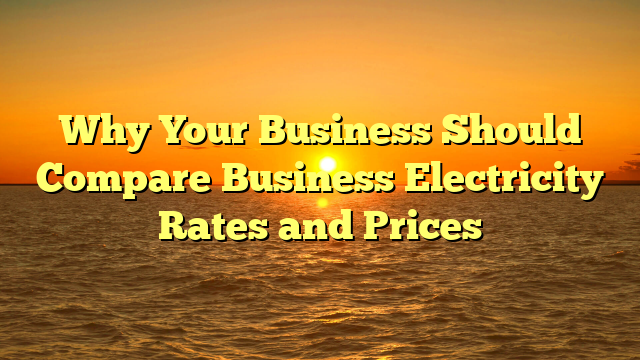
Energy-efficient lighting
Before you sign a contract the rates and prices of electricity for your business. This will help you save money on your energy bills. There are numerous business electricity rates that differ in a significant manner and may differ greatly from one company to the next. Check your current bills to find out the electricity provider you are using.
.png?etag=)
Lighting is one of the highest energy costs for a business. Commercial lighting consumes an average of seven kWh for every square foot. You can reduce the cost of electricity by altering your working hours and investing in efficient commercial lighting that is energy efficient.
Variable-rate Tarife
When you are arranging a new electric agreement one can choose between either a fixed or variable rate tariff. A fixed rate tariff is typically less expensive than a variable tariff. While this type of tariff might require monthly reviews however, it can save a business anywhere from 3 to 5% per month on its energy bill. A variable-rate plan is like a fixed rate tariff, except that it is linked to a unit rate determined by the energy provider.
Fixed-rate business energy tariffs, on the other side you can lock in the cost per Kilowatt-hour for the duration of the contract. Businesses that sign up for a fixed-rate deal are locked into an amount of time – typically between one and three years, though some providers will offer five-year contracts. The advantage of a fixed rate contract is that it allows businesses can stay away from price increases by locking into a particular rate for a specific period of time. A fixed-rate rate doesn’t cover pass-through costs such as transmission charges.
Climate change Levy
The Climate Change Levy (CCL) is an environmental tax on gas and electricity, is a way to encourage businesses to cut carbon emissions as well as reduce their energy consumption. The levy is applicable to those in the agricultural, commercial, and public services sectors. It is based on the amount of energy a company makes use of. Every year, the government decides the CCL amount.
Businesses that use gas or electricity for lighting or heating will be charged the Climate Change Levy. Businesses who use electricity to power their business facilities will also be charged an additional Carbon Price Support rate. These rates will help reduce the carbon footprints for these businesses.
Change suppliers
Switching suppliers for business electricity can be an extremely complicated process. While the process of switching domestic energy suppliers is less time-consuming, a business energy switch can take anywhere from to 6 weeks. During this time, the new supplier will submit an application for supplies and will begin providing them on the same day as your old contract ends. Because of this, you should begin looking for a new supplier at least 6 months before your current contract expires. Once compare business electricity have found a supplier, be sure to inform them of the deadline of your current contract to allow them to start supplying you.
It is important to know your rights and obligations when switching providers for business electricity. First, if your current contract is for a fixed time period and you are forced to switch to the default rate. In such instances it is recommended to switch at the end of your current contract so that you avoid having to pay an excessive default rate. Your current provider must be given ample notice to allow them to agree to the switch. The process of switching will go much more smoothly if you give them ample notice.
